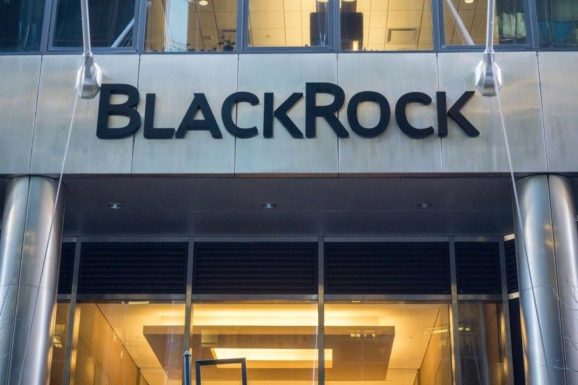Investments aligned with environmental, social and governance factors (ESG) have long been promoted as a risk management strategy for investors. However, during the previous decade-plus long economic expansion, there were no events that truly tested this claim.
That moment has now arrived—and ESG strategies appear to have worked as advertised. Initial analysis shows that funds managed according to sustainability criteria have proved resilient since the market crash in mid-March. In a recent research note, BlackRock communicated that of the 32 sustainable indexes the firm assessed for performance through April, 88% outperformed their traditional peers. Similar research from Allianz and others further bolsters the case for ESG.
These figures are likely to add fuel to the already impressive growth of sustainably-managed investments. However, there is no consensus as to why ESG funds are weathering the pandemic better.
Tech companies have long dominated in sustainability rankings, and are performing well in the remote-working era. ESG funds are often divested from oil & gas energy companies, whose shares have taken a beating with disruption in the energy markets.
ESG advocates would argue that those already implementing scenario planning and climate strategies are naturally better prepared for other systemic crises.
While these remain open questions, recent positive news has placated fears that companies would deprioritize sustainability initiatives in a downturn—jeopardizing hard-won progress toward climate goals and the UN’s sustainable development goals.
Undoubtedly, the corporate responsibility maxim “doing well by doing good” will take on renewed interest and importance as the world grapples with the COVID-19 crisis.
